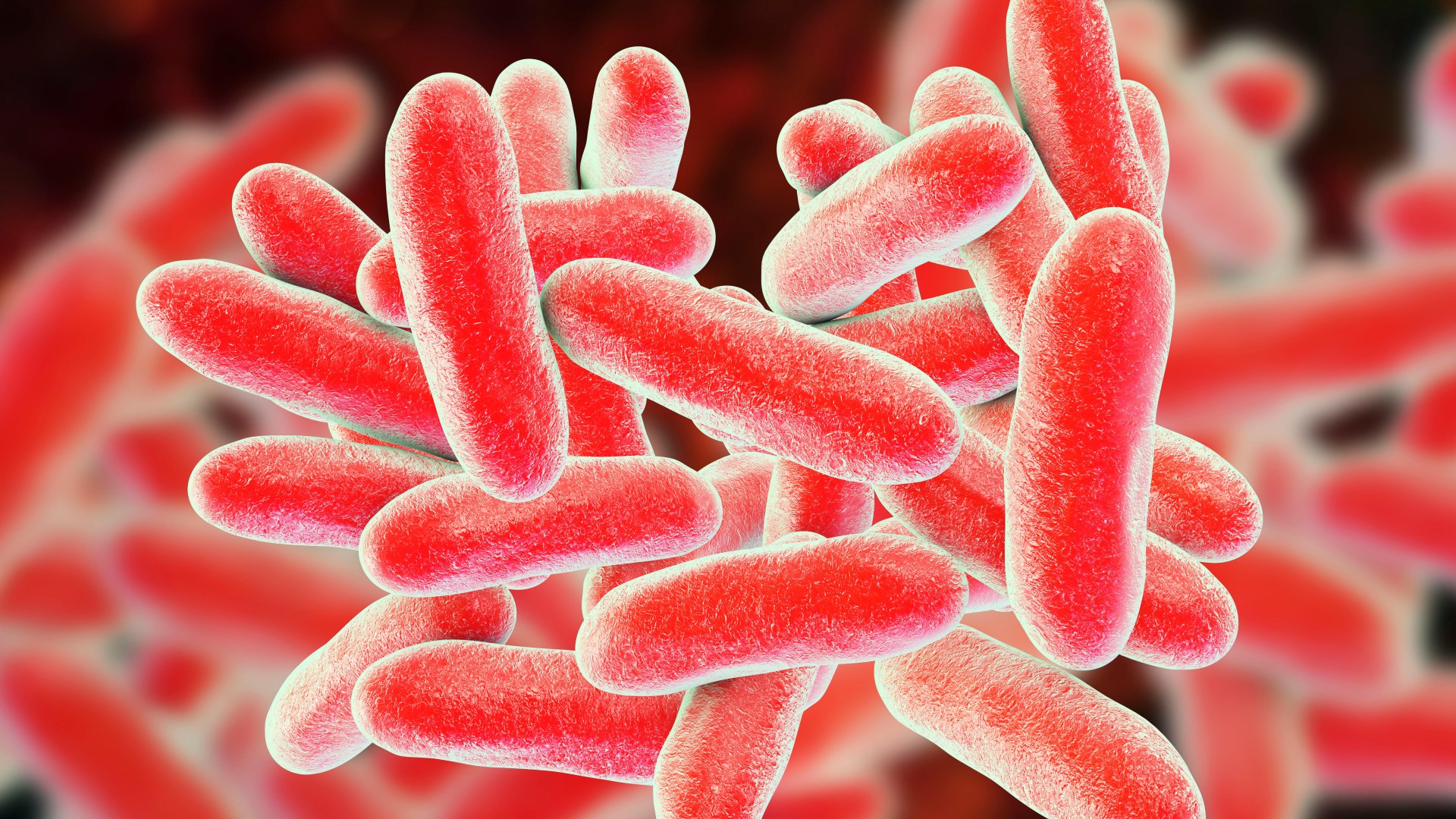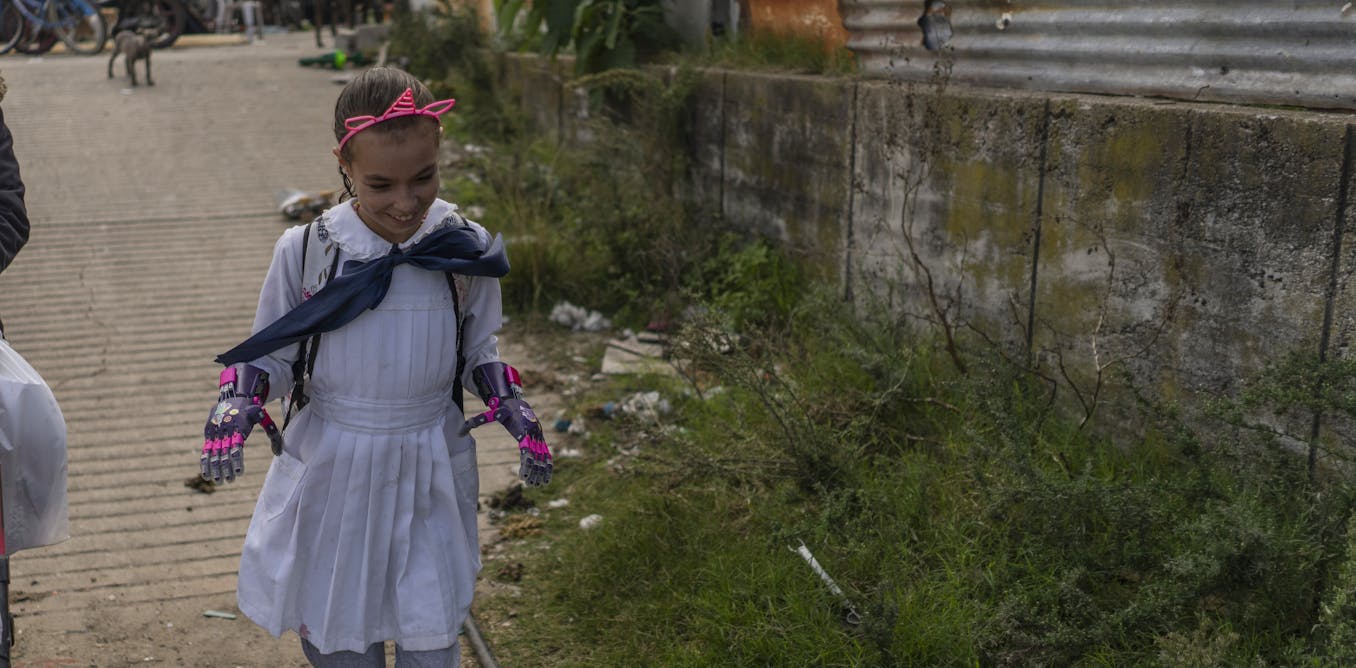THREE people have died after being diagnosed with legionnaires’ disease during an outbreak in Milan.
Italian health authorities are racing to find the source of the infection, which they believe could be in the water supply.

2
Around 90 percent of people exposed to legionella bacteria, which can also be found in pools and air conditioning, do not develop symptoms.
But up to 15 per cent of those who do become ill can suffer from severe disease, which can lead to life-threatening pneumonia.
At least 49 cases of the disease have been recorded in the Lombardy region, according to figures from the European Center of Disease Prevention and Control (ECDC), which says the numbers are correct as of August 8.
The outbreak began on April 11, when the first case started reporting symptoms.
Read more on Legionnaires’
All cases are between the ages of 26 and 94, with 28 women and 21 men involved.
The majority (45) had some sort of underlying health condition, which put them at higher risk of serious illness.
About 12 of the 49 confirmed cases remain in hospital, while three have died, the ECDC states.
The most common form of transmission is inhalation of infected water sprays, jets or mists from contaminated water sources, according to the World Health Organisation (WHO).
Authorities are inspecting cooling towers in the region and cleaning water systems with chlorine in a bid to stop more cases from emerging.
Legionella bacteria can sit in showers and taps that haven’t been used for a few days, which is why some experts urge holidaymakers to run taps and showers before using them.
Roughly half of the 300 Brits infected with Legionnaire’s disease every year get it overseas, according to the Legionella and Fire Safe website.
What are the symptoms of Legionnaire’s disease?
These are the symptoms of Legionnaires’ disease you should watch out for:
- A cough
- Difficulty breathing
- Chest pain
- A high temperature
- Flu-like symptoms
You might need to go to the hospital if you’re diagnosed with the bug.
You should call NHS 111 if you can’t breathe properly, have chest pain or feel like you have severe flu.

2
How to stay safe from Legionnaires’ disease on holiday
Heading off on a holiday? Here’s how to dodge Legionnaires’ disease with some handy advice from the NHS:
- Pick accommodation with good reviews on cleanliness, especially for water facilities like pools and hot tubs. It’s worth checking if they follow strict water maintenance practices.
- When you first arrive, run the hot water in your shower for a few minutes to flush out any stagnant water where bacteria might be hiding.
- Sticking to bottled water, especially in places where the water quality is questionable. And if you’re not sure about the ice, better to skip it!
- If you start feeling unwell with symptoms like a cough, fever, or shortness of breath after using hotel facilities, don’t ignore it. Seek medical help quickly.
- Don’t hesitate to ask your hotel about their water system maintenance. A little peace of mind goes a long way in keeping your holiday stress-free!




